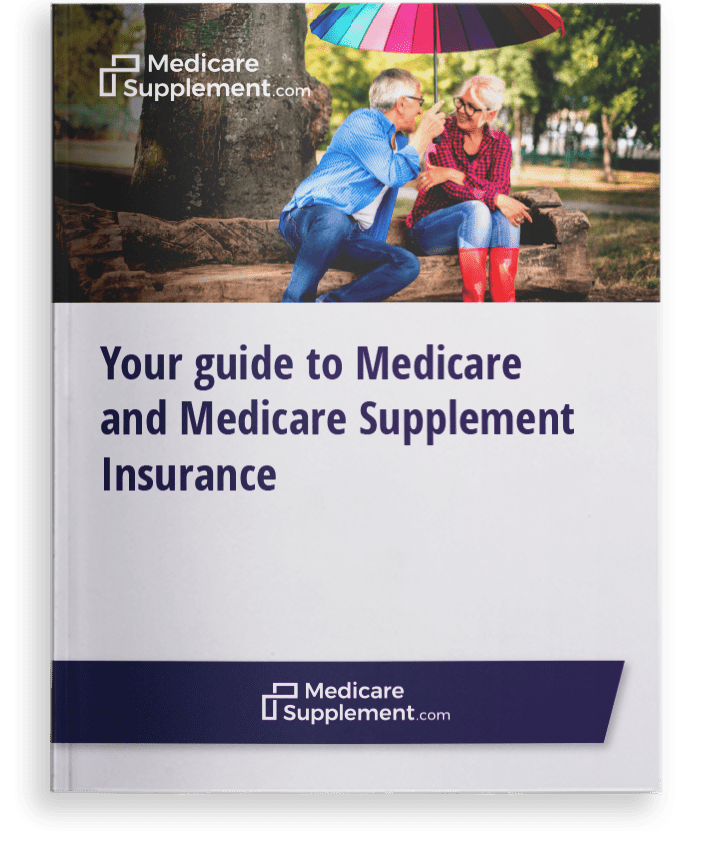Medicare 101
Medicare vs. Medicaid | What Are the Differences?
Medicare and Medicaid are both public health care programs, but the serve two very different purposes.
Medicare provides health insurance benefits mainly for people over age 65 or people with disabilities, while Medicaid helps provide health care services to people with limited incomes.
Medicare Explained
Medicare is generally available to individuals who:
- Are 65 or older
- Have certain disabilities
- Have amyotrophic lateral sclerosis (ALS, Lou Gehrig's disease)
- Have End-Stage Renal Disease (kidney failure that requires a transplant or dialysis)
Original Medicare has two components: Part A and Part B.
- Medicare Part A helps cover the costs of inpatient hospital care, skilled nursing facility care, hospice care and home health care.Most beneficiaries don’t pay a premium for Medicare Part A because they or their spouses paid enough Medicare taxes while working. However, for those who aren’t eligible for premium-free Part A, this coverage can still be purchased for a monthly premium.
- Medicare Part B is Medicare’s medical insurance. It helps cover services from doctors or other health care providers. It also helps cover durable medical equipment (such as canes or wheelchairs), home health care and some preventive medical services.
The standard premium for Part B in 2024 is $174.70 per month, though it could be higher based the beneficiary’s income. Policyholders also typically pay 20% (coinsurance) of Medicare-approved services, after meeting the Part B deductible.
You may also be responsible for paying some other Medicare out-of-pocket costs, such as deductibles, copayments and other fees.
Medicaid Explained
Medicaid is a program that’s administered jointly by federal and state governments. You may be eligible for Medicaid if you meet certain financial and non-financial criteria.
Medicaid covers a variety of health care costs, including doctor visits, inpatient hospital care, mental health care, dental care and necessary medications.
To see whether you qualify in your state, contact your local or state Medicaid office, or visit the federal government’s Medicaid website.
What About Medicare and Medicaid Combined?
Some people may qualify for both Medicare and Medicaid, such as a senior on limited income. They are known as dual-eligible beneficiaries.
In that case, you’ll likely be able to obtain Medicare and full Medicaid coverage, and you may be able to have most of your health care costs paid for. Medicare pays its share first, then Medicaid steps in.
Either way, you’ll get crucial health care benefits from the federal government — helping to cover your health care costs and helping ensure you stay healthy.
Learn more about your Medicare coverage options with these featured articles:

Get a Free Medicare Guide!
Enter your email address and get a free guide to Medicare and Medicare Supplement Insurance, as well as important Medicare news and tips. We promise to never send you spam – just helpful content!
By clicking "Get your guide" you are agreeing to receive emails from MedicareSupplement.com.


